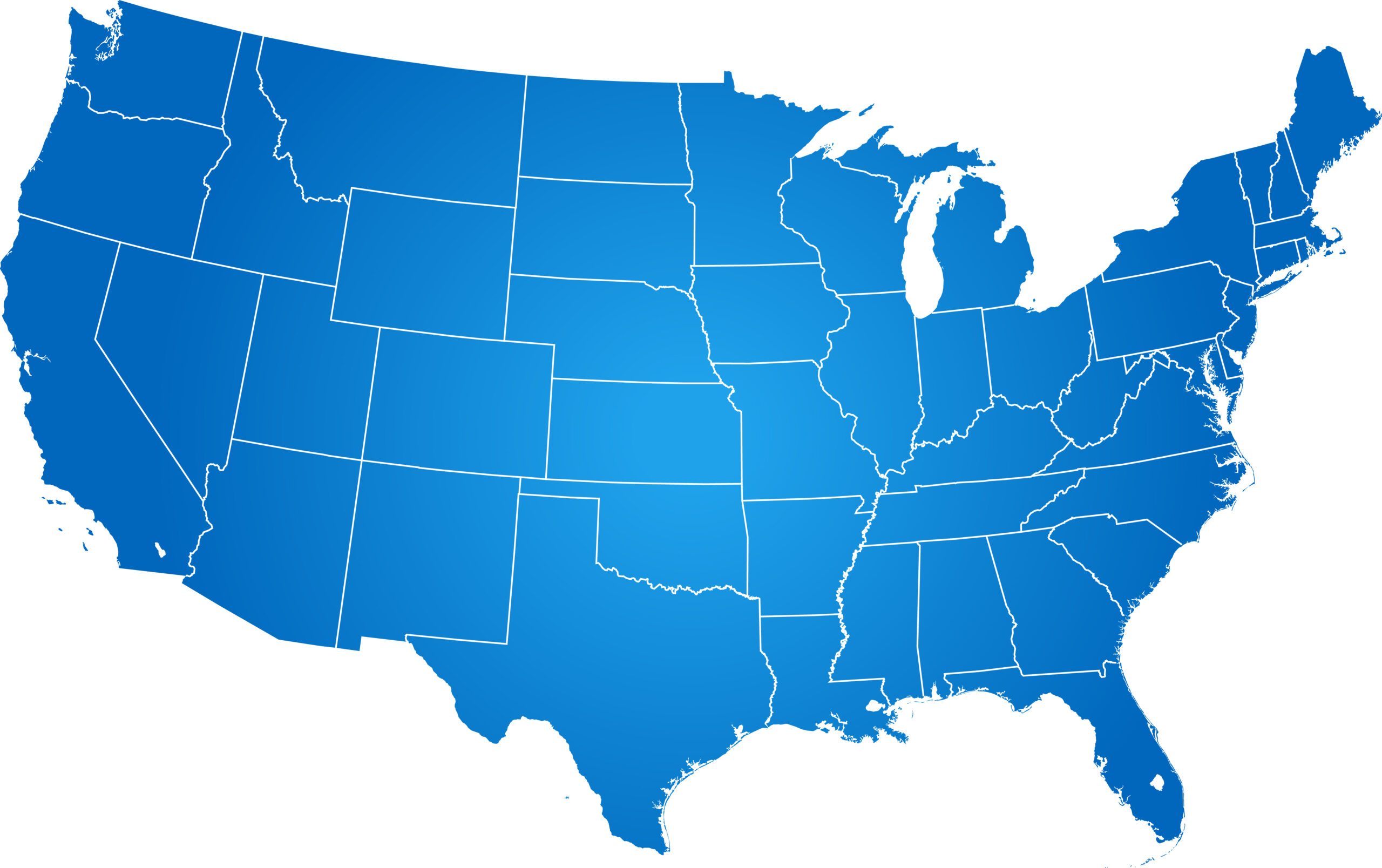Former Antitrust Enforcers Criticize Antitrust Bills Targeting Large Tech Firms

At a recent roundtable event, five leading competition economists criticized the design of recent antitrust bills like the American Innovation and Choice Online Act (AICOA) that would target firms based on size rather than conduct or harm to consumer welfare. The five Berkeley University economists, who led economic analysis at the Department of Justice (DOJ), Federal Trade Commission (FTC), and Federal Communications Commission (FCC) during the Clinton, Bush, and Obama Administrations, have had a broader impact on antitrust policy and enforcement than nearly any other group of economists. According to these experts, the current bills would stifle innovation, impose costly regulation, and create unworkable new antitrust standards with bright line presumptions that risk a return to rulings like Brown Shoe.
The panel began with an apt encapsulation of the economic consensus regarding the bills: “Asking me what my favorite bill is among all these different proposals is a little bit like asking what is my favorite flavor of COVID-19,” said Richard Gilbert, who served as Chief Economist of the DOJ in the Clinton Administration.
The economists expressed concern that bright line presumptions in the antitrust bills could be both highly prescriptive and insufficiently thought out in terms of practical implementation. The “highly prescriptive” nature of current antitrust bills is “disturbing” because “bill drafters have no clue what policies would mean in practice,” said Michael Katz, who served as Chief Economist of the FCC in the Clinton Administration and Chief Economist of the DOJ in the Bush Administration. “It just seems crazy to do these things like, for example, saying that a law applies [to a certain company] if your corporate parent has a certain dollar revenue regardless of whether those revenues are in the market that is issuing the case or somewhere else,” Katz noted. Gilbert indicated that he had similar concerns regarding practical implementation, noting that the antitrust bills don’t tell us how we actually implement many of their objectives, and there are very significant obstacles that need a lot of design and thought.
Another concern shared by the economists was the application of static rules to the highly dynamic and innovative tech sector. The antitrust bill drafters “fail to appreciate the complexities of the products involved and how they’re constantly evolving,” concluded Katz. “I think the bills across the board fail to appreciate the complexity of the products involved and how they’re constantly evolving. [The antitrust bill drafters] somehow think that static product definitions with well-defined boundaries are the solution” for tech.
Gilbert expressed particular concern about AICOA shifting antitrust presumptions in highly consequential ways as “presumptions are very important” in antitrust. “Bills [like AICOA] that change presumptions, their objective can be to move the needle […] but there is a risk that they’ll wind up bringing us back to the days of Von’s Grocery and Brown Shoe, which might be moving the needle too far.”
Bright line rules are presumptions that “wind up being prohibitions” that never say exactly what they mean, according to Gilbert. “An example is the American Innovation and Online Choice Act which prohibits discrimination and self preferencing without saying exactly what that means. I think the interpretation can effectively be a public utility style regulation which really is a per se rule about how different customers can be treated or different business partners can be treated. I find it surprising that the DOJ came out and supported that rule.”
The economists on the panel concurred with Gilbert, expressing concern with the antitrust bills’ use of bright line presumptions. Joseph Farrell, who served as Chief Economist of the FCC and DOJ in the Clinton Administration and Chief Economist of the FTC in the Obama Administration, expressed concern regarding “overly bright line presumptions” in the current antitrust bills.
This concern was echoed by Carl Shapiro, who served as Chief Economist of the DOJ and as a member of the Council of Economic Advisors in the Obama Administration. “Any time you have a bright line rule, there is going to be a controversy,” said Shapiro. “This fiction that you can simplify things with bright-line rules is wrong because [bright-line rules] only lead to arguments over market definitions. It’s going to be a lot less accurate and I think there’s a better way to improve things,” said Shapiro, who also noted that “it’s not a coincidence that Neo-Brandeisians today both want to significantly reduce the role of economics and, at the same time, call for various per se bright line rules.”
Daniel Rubinfeld, who served as Chief Economist of the DOJ in the Clinton Administration, also expressed wariness of “rubbish regulations” in the bills that wouldn’t move courts towards better case law in a thoughtful way. “I’m wary of rubbish regulation, I still think we need to find ways to help courts move towards better case law,” said Rubinfeld.








